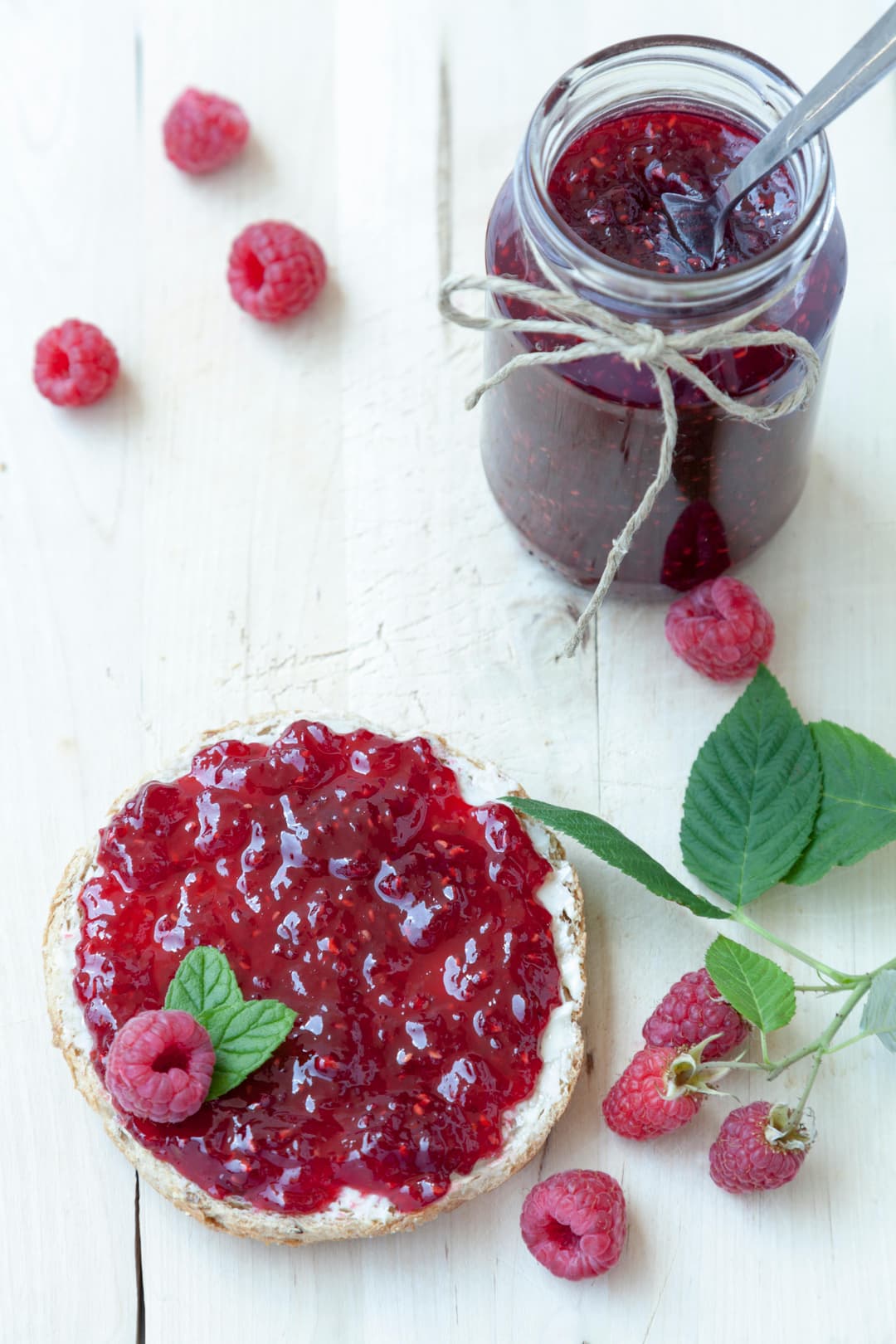Sweet Spreads: A Delicious Market That Continues to Expand
Sweet spreads are the sort of items that no one ever quite stops purchasing. Whether a spoonful of honey in tea, chocolate spread on bread, or jam in a pastry, these store cupboard staples have a place in houses, hotels, and cafés across the globe. But behind the labels and jars is a hectic industry in continuous development. The sweet spreads category is no longer just about flavor. It's about trends, health changes, pack innovation, and regional demand.

200+ buyers trust Torg for sourcing


What Is a Sweet Spread?
The category is larger than you would have imagined. It comprises:
- Fruit spreads, jellies, and marmalades
- Honey and syrups
- Hazelnut and chocolate spreads (see more chocolate spread manufacturers here)
- Caramel, dulce de leche, and other milk-based spreads
- Nut butters with added sweeteners (such as almond or cashew spreads)
- Plant-based dessert spreads containing dates, tahini, or coconut
There are traditional ones, others newer ones, but they all have one goal in mind: to be spreadable, sweet, and available for toast, dessert, or even spoon-forking out of the jar.
Who’s Actually Buying These?
Sweet spreads suppliers show up in more places than you might think. Yes, people keep jars at home for breakfast or snacks. But that’s just part of the story. You’ll also find them in hotel buffets, coffee shops, bakeries, school kitchens, and even on airline meal trays. These aren’t just comfort foods anymore—they’re part of daily routines for both individuals and businesses.
Online shopping has made spreads even more available. Now, anyone can order a single jar or stock up in bulk without leaving the house. That’s helped small brands reach new customers, and given large buyers more flexibility.
At the same time, eating habits are shifting. More people are looking for options that feel a little better for them, maybe a jam without added sugar, a spread with clean ingredients, or something that’s vegan or keto-friendly. The taste still matters, but so do the labels. Spreads with fewer additives or less processed ingredients are getting more attention.

The Rise in Private Label
Today, there are more retailers and food companies opting to make their own sweet spreads rather than turning to popular labels. It's not about cost anymore, it's about choice. And that’s the role of private labeling. People now want control over what goes into the jar, how it tastes, how it's packaged, and how it aligns with their values.
Smaller food businesses, coffee shops, and even health brands are collaborating with makers to create bespoke recipes. Some desire less sugar. Others desire distinctive flavors or improved texture. Many request organic ingredients, glass packaging, or allergen-free formulas. There's more consideration of how the product appears on the shelf or on a social media post as well.
What was once bland or generic is now more considerate. Many of these new spreads are presented in minimal packaging with brief ingredient lists and qualifications such as vegan, non-GMO, or gluten-free.
What Consumers Want Today
There are some things that people just can't seem to get enough of and that's influencing how spreads are constructed today:
- Straightforward, actual ingredients. Fruit, nuts, and natural sweeteners are where it's at. Long lists of additives are not.
- No dairy, no eggs. Plant-based spreads are on a roll, particularly among younger consumers.
- Additional advantages. Some jars now contain things like added protein, chia seeds, or fiber.
- Less waste. More consumers prefer packaging that's recyclable or reusable.
- Convenience. Small packets appeal to hotels, lunch packs, and busy professionals on the move.
Quite simply, it's not so much about sweet anymore. It's about smart, simple, and satisfying.

Challenges Facing the Industry
Sugar levels are still a contentious issue. There are nations urging sugar taxes or limiting the amount of sugar that can be put into food items. That compels manufacturers to repackage or reformulate their products and not every substitution is as great as the original.
Shelf life is also a problem. Certain natural spreads must be refrigerated or go bad more quickly, something retailers who desire longer shelf life and reduced shipping expenses are unlikely to appreciate.
Final Thoughts
The sweet spreads segment is more than just comfort food. It's a place where taste and innovation intersect, tradition and wellness collide, and international names jostle with small brands. If it's the case of a high-end fruit jam, a carb-free almond spread, or the traditional chocolate hazelnut pot, humans will always find room in their pantry for that sweet treat.
And as long as the craving persists, the sweet spreads industry will continue to innovate — jar by jar.

The Gracious Gourmet
Company Name: The Gracious Gourmet
Headquarters: Bridgewater, Connecticut, USA
Core Products: Small-batch fruit spreads, chutneys, condiments
Tucked away in Bridgewater, Connecticut, The Gracious Gourmet is all about turning simple meals into something you’ll want to remember. It started when founder Nancy Wekselbaum made one chutney in her home kitchen and it took off from there.
Today, the brand makes a thoughtful range of spreads and condiments: jams, pestos, chutneys, and tapenades made in small batches with natural ingredients and no preservatives. They keep sugar and salt low, letting the real flavors shine.
Blends like Chile Mango Lime or Balsamic Fig don’t just sit pretty on shelves—they’re made to be used, from cheese boards to sandwiches to roasts. Many are vegan and gluten-free too.
You’ll find The Gracious Gourmet in local shops, online, and at top food events. Every jar comes with the same purpose: to make your food more interesting, your meals more enjoyable, and your table a little more special without the fuss.
Request a Bulk Order Quote
Simple ordering, transparent pricing, delivered straight to your door

